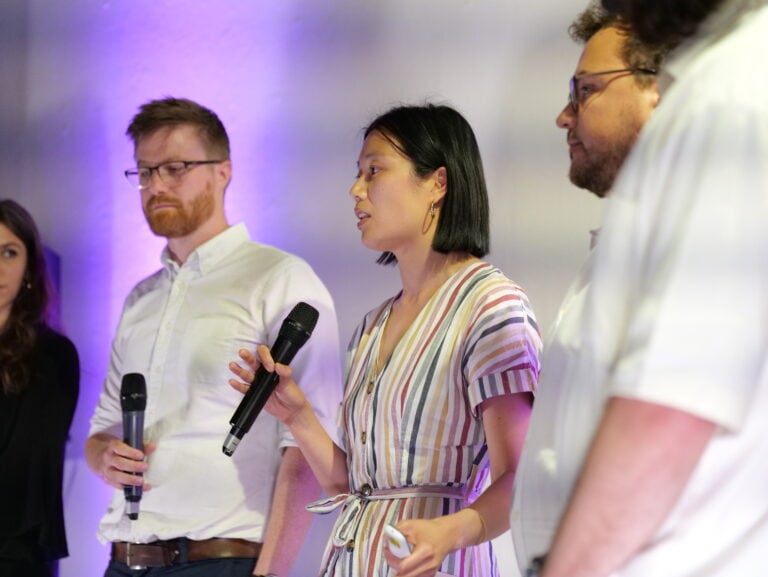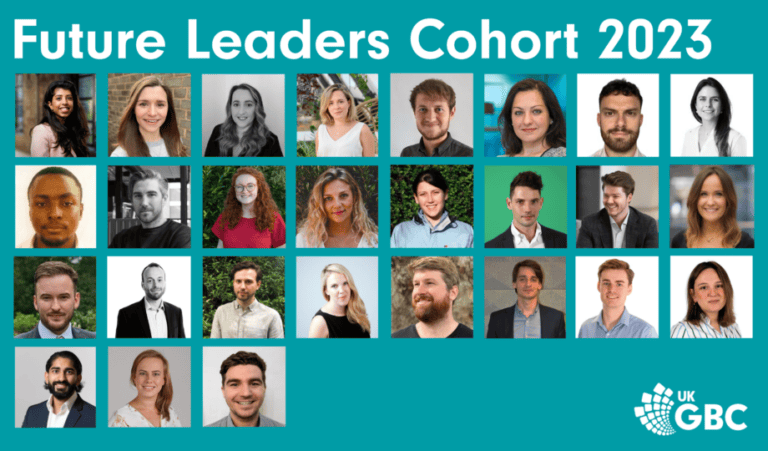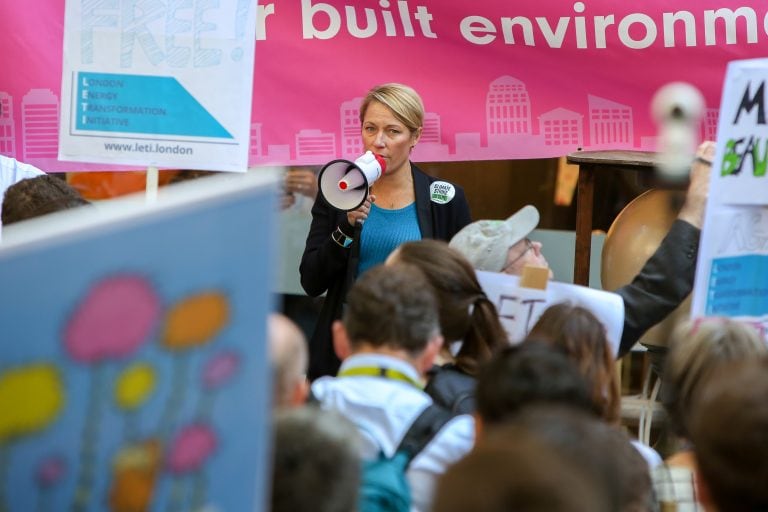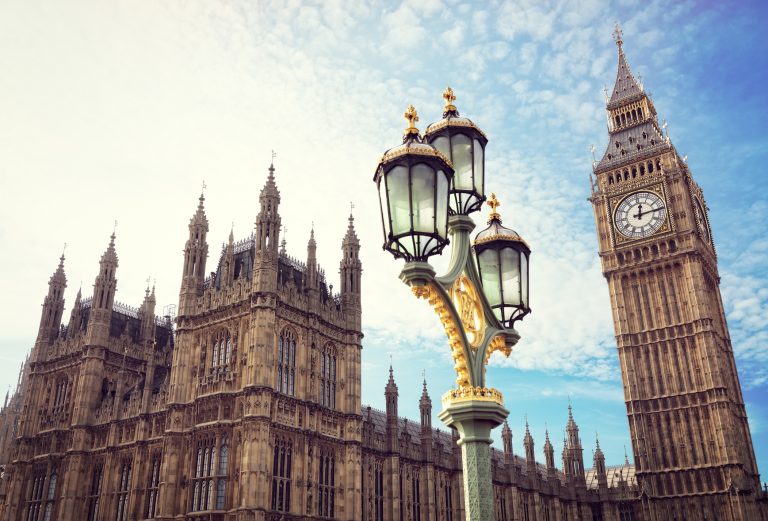Why sustainability leadership? It’s what we need to drive change.

Next week is COP27, and once again world leaders come together to work together on solutions for mitigating, and adapting to, the climate crisis. A year on from COP26 in Glasgow, it can feel like little has .
For the challenges we face, the science is clear. In order to avoid the catastrophic impacts of warming over 1.5 degrees, decisive action must be taken, and we can’t keep doing the same things we’ve been doing, in the same ways. We’re facing biodiversity decline and increasingly the impacts of extreme weather caused by climate crisis.
UKGBC, its membership, and the industry at large have been working for long over a decade to discover and explain the technical solutions to key climate problems. Indeed, by 2022 we have many of the solutions to the climate crisis at our fingertips. At UKGBC alone we’ve published a range of work – from guidance on singular net zero buildings to a roadmap for the entire UK built environment. Outside of carbon reduction, we’ve produced guidance for delivering social value or adapting to the changes in weather caused by climate crisis.
We’re not bereft of the tools we need to make a change. So, what’s stopping us?
It’s not a lack of expertise, innovation or even money. In many instances what’s missing is sustainability leadership.
What we talk about, where we put our money, how we behave on a day to day basis are all part of the mix of effecting positive change – and this is all ‘leadership’. It’s demonstrating to others around you the importance of the key climate issues and acting in a way that reflects that.
How we show up every day, regardless of our job title, and show leadership qualities – such as the ability to share a vision, to tell a story that connects at a visceral level and bring others along, the willingness to collaborate, having the courage to speak up for what we believe to be right – can influence those around us whether we are CEO or junior project architect.
We run sustainability leadership programmes and courses at UKGBC because we believe it is a crucial ingredient in the mix of ‘tools’ needed to accelerate a positive transition at the speed and scale necessary to meet our 2030 and 2050 goals
Events such as COP27 bring together world leaders and shine a spotlight not only on the tangible targets and data they are presenting and committing to (or not), but also on their behaviours and the values that underpin them. Events like this show how crucial authentic, multi-generational, whole system-based thinking is to our shared future. Indeed, COP27 is the pinnacle in terms of an opportunity on the world stage to demonstrate true sustainability leadership.
Let’s hope for demonstrations of compassionate leadership that we have seen make breakthroughs in this forum before – from the likes of Christiana Figueres in Paris and Alok Sharma at COP27. And regardless of how government representatives show up as leaders, let’s continue to show up in our own spheres of influence, however large of small they are, as the best possible leaders we can be.
Let’s hope for inspiring, selfless leadership from them in Egypt. Let’s hope for success, but if they fail, let’s show them how it’s done.
Nadine Jenkins leads on our Leadership courses at UKGBC. Currently, are open for this year’s Future Leader’s programme – aimed at early career professionals wanting to accelerate their sustainability leadership journey. Learn more and apply here.
Related
2023 Future Leaders cohort announced

Climate activism will change business as usual

Critical times call for leadership…

Government confirms local authorities can set energy standards beyond Part L in NPPF

